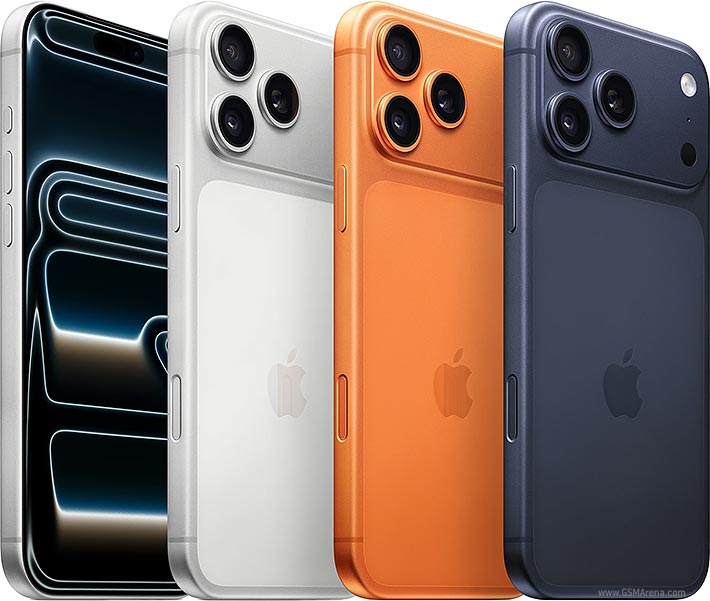Tim Cook Confirms More AI Models Are Coming to “Apple Intelligence”
Tim Cook Confirms More AI Models Are Coming to “Apple Intelligence”

Tim Cook Confirms More AI Models Are Coming to “Apple Intelligence”
In a recent interview, Apple CEO Tim Cook disclosed that Apple plans to integrate more third-party AI models into its evolving AI platform known as Apple Intelligence.
Here’s what we know so far and what it could mean for Apple users:
Cook told CNBC that beyond the existing ChatGPT integration with Siri, Apple intends to expand its AI partnerships:
“Our intention is to integrate with more people over time.”
He confirmed that nothing concrete is ready to announce yet, but hinted that multiple models may eventually power parts of Apple’s AI stack.
On Apple’s Q4 earnings call, Cook also reaffirmed that Apple is open to mergers and acquisitions (M&A) to accelerate its AI roadmap.
He reiterated that the upgraded, AI-powered version of Siri is still on track for a 2026 release.
Relying solely on one model could limit versatility. By integrating different AI systems: such as those from OpenAI, Google (Gemini), Anthropic (Claude), and Perplexity Apple could let Siri or other features dynamically pick the best model depending on the task.
Apple has long marketed itself as privacy-centric. Its AI architecture uses a hybrid model: on-device processing when possible, and server (cloud) methods only when needed. The integration of external models must preserve that privacy guardrail.
Apple has been slower than competitors in rolling out advanced AI features in Siri. This move signals a shift from cautious development to a more open, aggressive AI posture.
Cook’s remarks suggest Apple is looking beyond internal development. If a startup or model offers a fast-lane to improved capability, Apple may acquire it.
In short, Tim Cook’s statements mark a notable shift for Apple: from insular AI development to a more open, model-agnostic ecosystem. As Apple edges further into generative-AI territory, the balance between utility, performance, and privacy will define whether it truly competes with Google, Microsoft, and others.





















